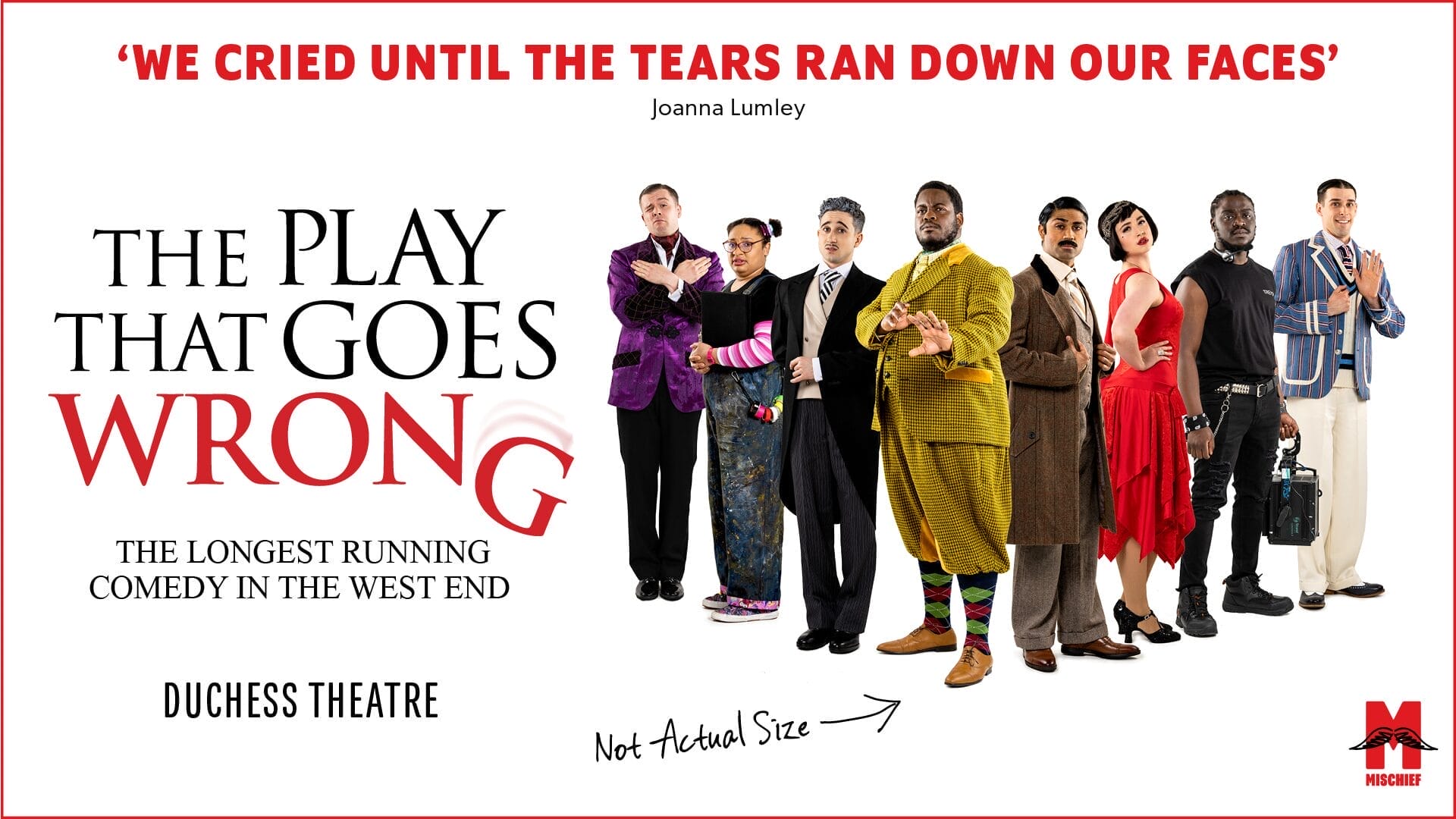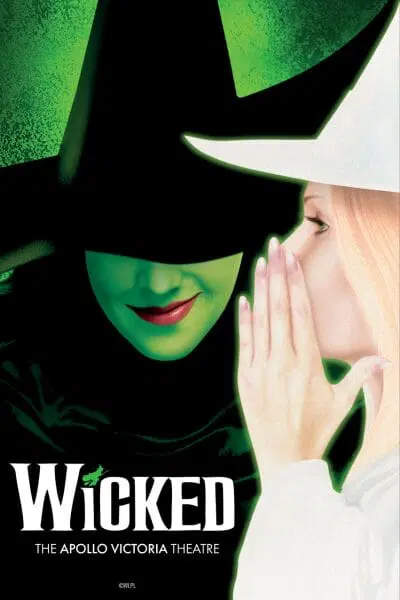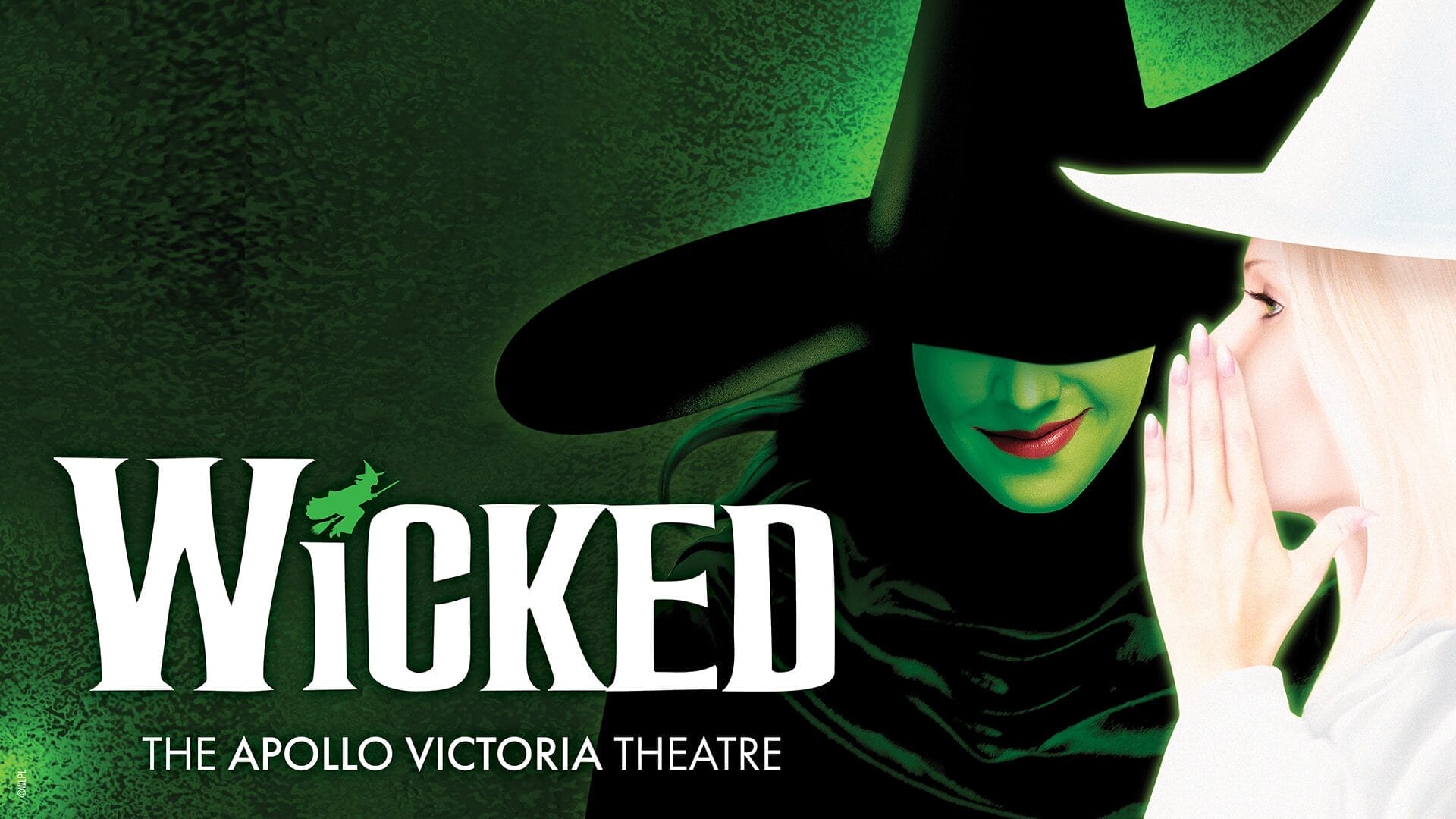 We’ve all grown up hearing the story of the legend of Robin Hood. While the story has many versions, Robin Hood is always depicted as the heroic outlaw, the knight in shining armour, the saviour we’ve been waiting for. And despite wearing a virid outfit – a colour not all men can easily pull off, Russell Crowe excluded – he is the clear alpha male (minus the usual dose of toxicity).
We’ve all grown up hearing the story of the legend of Robin Hood. While the story has many versions, Robin Hood is always depicted as the heroic outlaw, the knight in shining armour, the saviour we’ve been waiting for. And despite wearing a virid outfit – a colour not all men can easily pull off, Russell Crowe excluded – he is the clear alpha male (minus the usual dose of toxicity).
Carl Grose, the writer of Robin Hood: The legend, Re-written, has a different idea. The play showcases multiple versions of the character “Hood” but, none of these versions resemble the stereotype. Moreover, none of these characters is even the protagonist.
Jenny: “This isn’t a fairytale. We are telling them what really happened.”
Hood: “Aren’t I what really happened?”
Jenny: “No.”
But if Hood isn’t the protagonist, neither is the script. While the show touches upon some interesting concepts including who owns England and how it was “stolen”, the assumption made in society about how every woman must have a maternal instinct, and how everything is slander in today’s cancellation culture, none of these concepts are fully explored.
It is the vision of the director, Melly Still, that somewhat saves the day. The set is simple yet effective. Using the iconic Regent’s Park as a backdrop to a play where the theme of nature is so central is genius in of itself. The two storeys on stage serve as a constant reminder of the social divide between the rich and the poor, the rulers and their subjects and even husband and wife. The metal pillars create the impression of trees that have rods to allow characters to climb to new heights but are also hollow to serve as towers of imprisonment symbolising the double-edged sword of Mother Nature. There are many other novel techniques implemented such as the sound of a shooting arrow to signify the end of a scene, the pointing of the bow to direct the audience’s attention to a specific part of the stage and the rotation of the set at different speeds to play with intensity.
Grose’s flaw is that he perhaps has too many ideas. While Robin Hood: The Legend. Re-written is an admirable attempt to challenge the version of Robin Hood as we know it, the play has too many ingredients that blur the main storyline. The first half of the show is promising and has multiple twists with the characters often breaking the third wall keeping the audience on the edge of their seats but, in the second half, the theatrics and musical score take the spotlight, leaving many of these plots undeveloped.
Robin Hood: The Legend. Re-written plays at Regent’s Park Open Air Theatre until 22nd July.
















